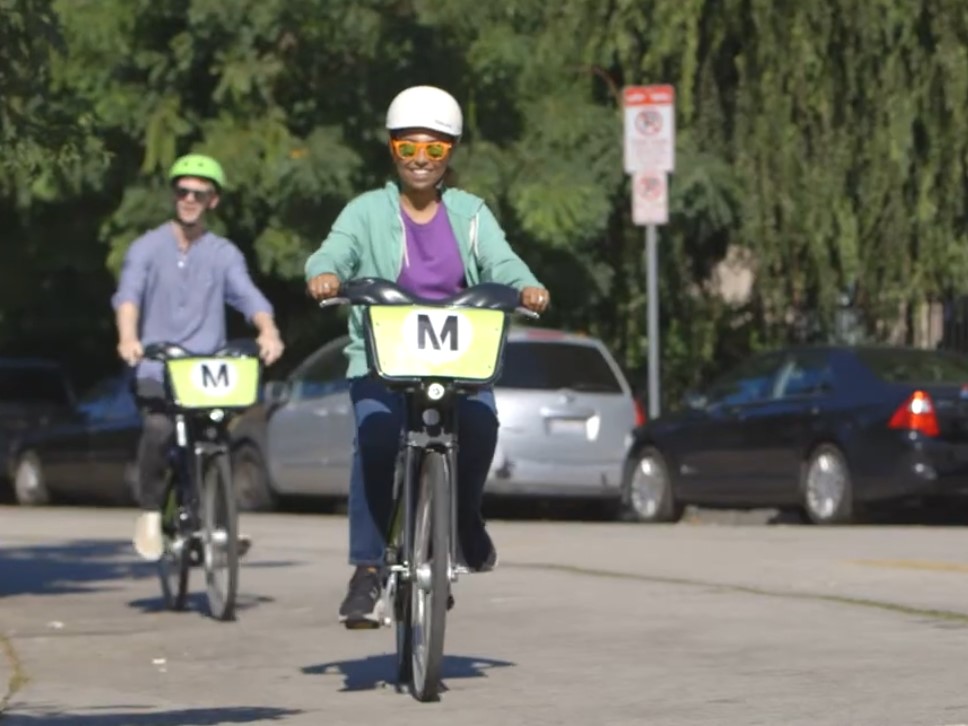Rideshare drivers across California recently protested in L.A., SF, and SD to highlight their fight against Lyft and Uber. The State of California has begun settlement negotiations with the rideshare company for more than $1.3 billion in wages, expenses, and damages from wage theft.
Sadly, this is only Lyft’s latest public abuse. Lyft has run well-documented anti-
worker campaigns, has a long history of wage theft and deceiving workers.
This is why we are calling on L.A. Metro to protect our bike share and mass transit system - and stop doing business with bad actors. Last year, Metro awarded Lyft with a $130 million, 11-year contract to operate Metro Bike Share. This RFP was canceled after a coalition of unions, bicyclists, transit advocates, and community organizations waged a grassroots campaign to stop Metro from handing taxpayer dollars to the anti-union, anti-worker, and anti-transit corporation. As advocates for a more equitable and robust bike share system, we have deep concerns with government agencies contracting with Lyft, whom we believe has re-applied for this contract.
Despite campaigns attempting to paint them otherwise, actions speak louder than words, and the tech company has continuously used its resources to thwart transit expansion. For example, in San Francisco, Lyft helped fund an “avalanche of cash” to defeat the Fund the Bus Measure. This, after a coalition of hundreds of volunteer advocates and allies in support of safe and sustainable transportation gathered over 17,000 signatures to place Fund the Bus, Yes on L on the ballot.
The ballot measure would have created a new business tax on ride-hailing
companies that would have raised an estimated $25 million a year for the struggling San Francisco Municipal Transportation Agency (SFMTA) to prevent critical cuts to bus services. Multiple studies have linked ride-share to a decrease in bus and light rail ridership, yet now Lyft has taken their attack on transit one step further, directly working to defeat a ballot measure to help fund mass transit.
The company’s CEO has also made it clear that his desire to get into the bike share business is about expanding car trips. He’s publicly stated that bike share systems are an entry point to grow Lyft’s ride share.
As advocates who rely on bike share and mass transit, we strongly urge the Metro Board to not hand Lyft the L.A. Metro Bike Share contract. We must not reward bad actors who are actively working to undermine workers’ rights and mass transit in our communities.
The Metro Bike Share contract is Lyft’s trojan horse into L.A. Metro. By promoting car-centric transportation, ride-hailing companies contribute to increased traffic congestion, air pollution, and climate change. And undermining public transit exacerbates existing inequalities.
We cannot allow our city to become a victim of corporate greed. We also shouldn’t use public dollars to support companies that are anti-worker and anti-transit.
Instead, let's demand a future where workers are treated with dignity, and our
streets are filled with buses and bikes - not cars.
Edwin Aviles is President of Transport Workers Union of America (TWU) Local 320. Kalayaan Mendoza is Senior Mobility Justice Organizer with People for Mobility Justice.





